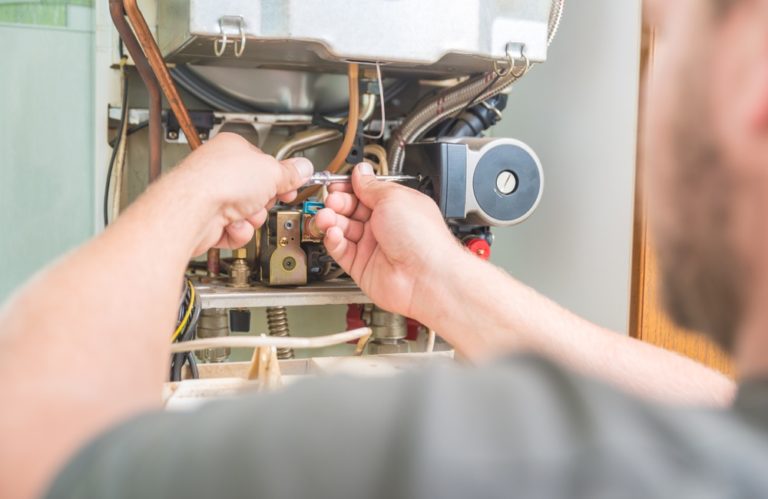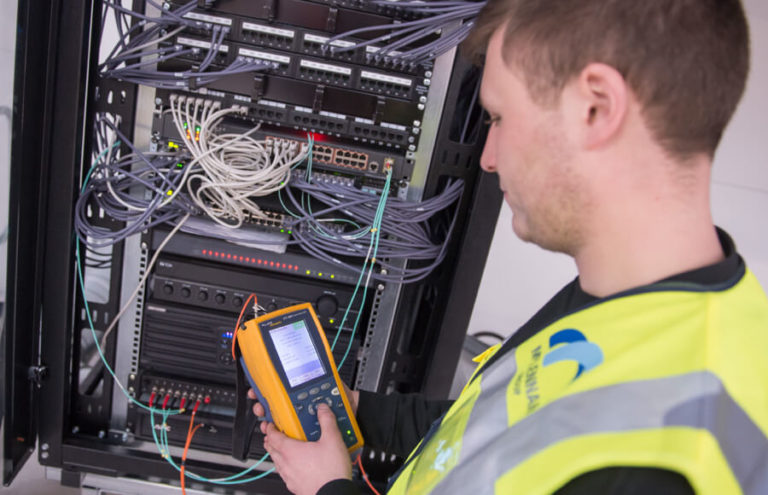In the UK there are a lot of regulations, standards and legislation that embodies electrical safety in the workplace. Your business must operate within these parameters to provide in a safe working environment for your staff and visitors, so maintaining electrical compliance is not just important, it’s a legal requirement.
We endorse a programme of regular testing and inspection of both fixed electrical installations and portable appliances, taking the prevention and peace of mind approach. These electrical tests must be completed by qualified electricians and is an effective way to ensure compliance within your business.
Testing should consist of both scheduled visual inspections and tests. Electrical inspection and testing procedures are determined by the type of installation:
Existing Fixed Wire Testing
Fixed Wire Testing involves testing the electrical circuits and systems that distribute electricity around a building. It covers all the hard wiring in a building, whether that building is commercial, industrial or residential.
Included in this are the circuits supplying lighting and power circuits, along with any distribution boards and consumer units. The testing identifies any potential hazards within an electrical installation. It will highlight a lack of earthing or bonding and reveal if circuits are potentially overloaded or have been installed incorrectly.
Once fixed wire testing has been carried out, you will be issued with an EICR certificate. EICR stands for ‘Electrical Installation Condition Report’.
Fixed Wire testing is a legal requirement. Employers are legally obliged to ensure that all electrical equipment and wiring is regularly maintained, in order to comply with the requirements of the Electricity at Work Regulations 1989.
In addition, routine fixed wire testing is often contractually required by insurance companies, licensing authorities and landlords. Failure to arrange regular fixed wire testing can be regarded as a breach of contract.
The frequency of testing required for compliance varies between environments, determined by a number of factors such as the use, operation and other external influences affecting the installation.
By law, the business owner must be able to prove that all electrical installation work on their property meets certain electrical safety requirements, or they will be committing a criminal offence.
Portable Appliance (PAT) Testing
The testing and sign-off of portable electrical appliances for continued use. In addition, basic, visual inspections of electrical equipment (both fixed installations and portable appliances) carried out on a regular basis can identify faults and defects before they develop.
New Electrical Installations
Fixed wire installations must be certified as safe and compliant with BS 7671:2018 when they are a new installation or when alterations involving new circuits have been made to an existing installation.
McLennan Group have a team of fully accredited experts ready to carry out the installation, periodic testing and remedial works of any commercial electrical installation. Operating across the UK on Muti-site contracts and in the North West on single site businesses.
For a FREE Quote or to book an Expert Commercial Electrician
Call us on 01925 766 044













